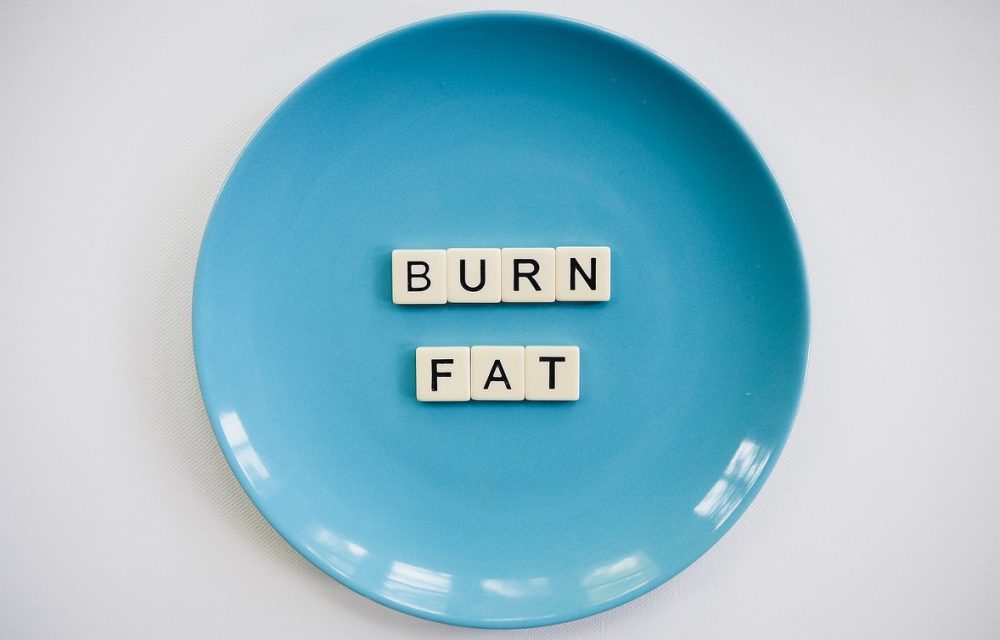Cardiovascular Health Exercise As A Fountain Of Youth
No matter what exercise you do, it benefits your cardiovascular health. Some provide more benefits than others do. At Revolution Training in Stamford, CT, we believe that boxing is an excellent way to build strength, as it improves your cardiovascular system. The increased circulation from the ever-changing pace of each round sends nutrient-dense and oxygen-laden blood throughout your body to make you look and feel years younger. Once you start training, you’ll feel like you drank from the Fountain of Youth.
Your heart is a muscle, and you need to work it to strengthen it.
Like any muscle, your heart can weaken if you don’t exercise it. You exercise it by doing cardio, which gets your heart pumping. Like a car engine, sometimes you must blow out the carbon and take it into high. In this case, cardiovascular exercise helps reduce plaque buildup, improves heart function, lowers blood pressure, and reduces the risk of heart disease.
You’ll lose weight, have more energy, and look and feel years younger.
You’ll not only build energy from regularly doing cardio, but you’ll also shed excess weight. That makes doing everything far easier. You’ll feel a surge of energy that you either never had or haven’t had for a while. The increased circulation will reflect in your complexion and skin. It takes years off your appearance, just as weight loss often does. You’ll feel younger and have a bounce in your step, making you look like you have your own Fountain of Youth.
What’s the best cardiovascular exercise to do?
We encourage people to be active. Do things that require taking more steps than normal. Do you remember the iconic scene from Rocky where he ran up the steps of the Philadelphia Museum of Art? That’s excellent cardio. HIIT—high-intensity interval training—is another good form of cardio. It’s not a particular exercise but a way of doing any exercise. You alternate between high-intensity and a recovery pace. It’s much like boxing. Sometimes, you’re moving fast for a short period and then alternate it with a recovery pace, then back to fast-paced action.
- When you do cardio, you’ll burn plenty of calories. That helps you lose weight. Losing weight can lower your blood pressure and reduce the risk of diabetes, some types of cancer, stroke, or heart disease.
- Get extra cardio in by walking to lunch. If you live close enough and the weather permits, bike to work. Park further from the store and walk. You’ll be amazed at how every extra step you take improves your conditioning.
- Besides the footwork, throwing punches also boosts cardio fitness. Punching improves heart function because it increases your heart rate. It promotes endurance and circulation. It can lower the risk of heart disease.
- Speaking of fancy footwork to build endurance, what about dancing? Dancing moves help with boxing to develop balance, coordination, timing, and fluidity. It also helps boost cardiovascular health.
For more information, contact us today at Revolution Training









